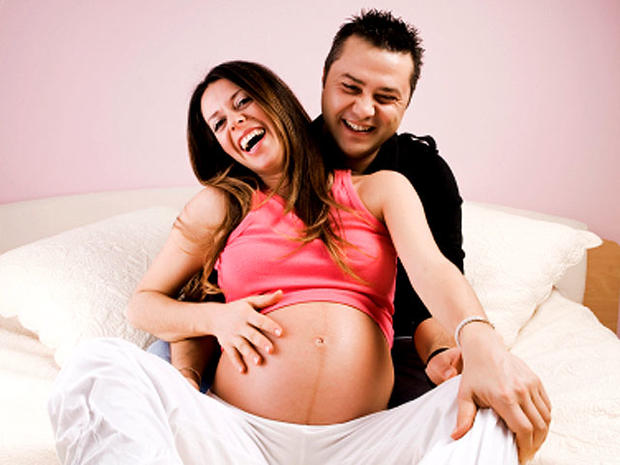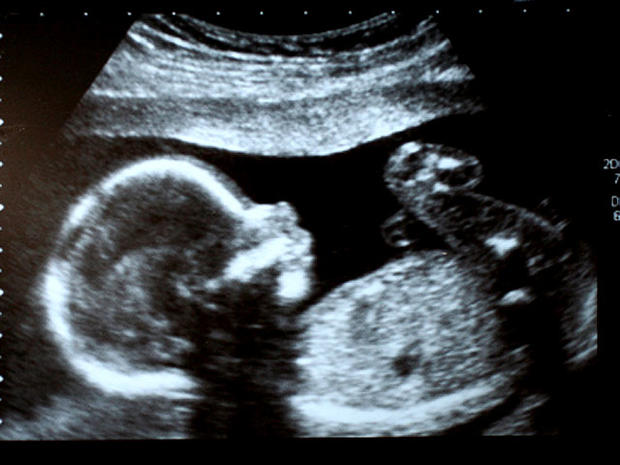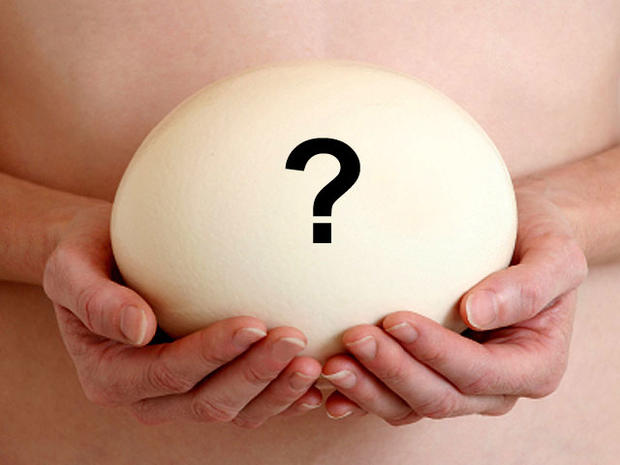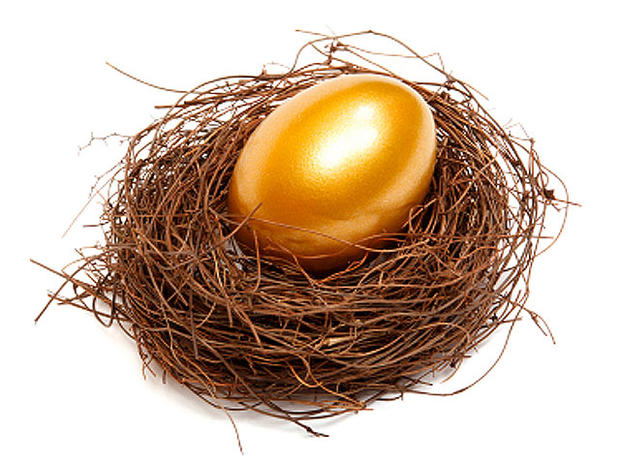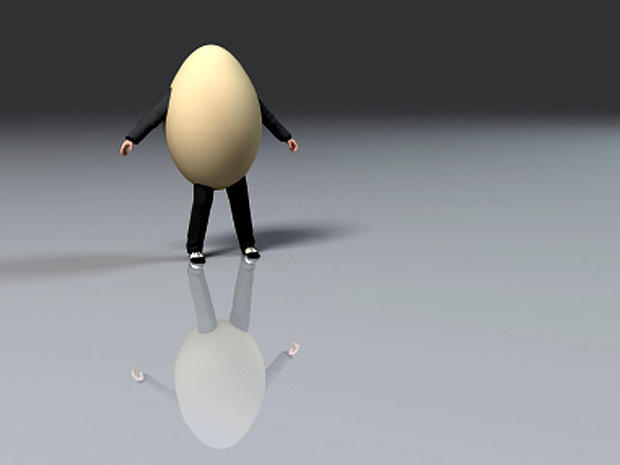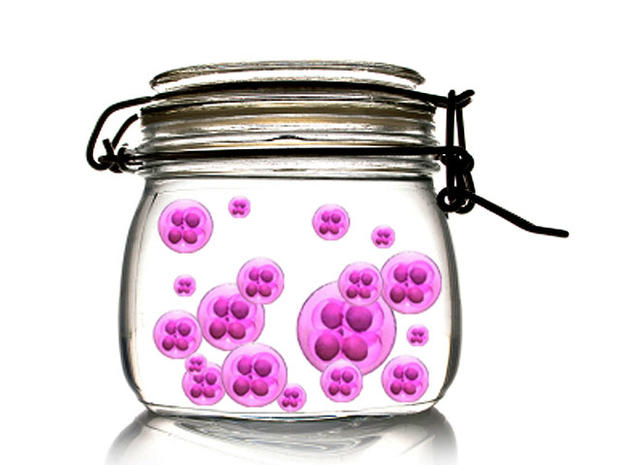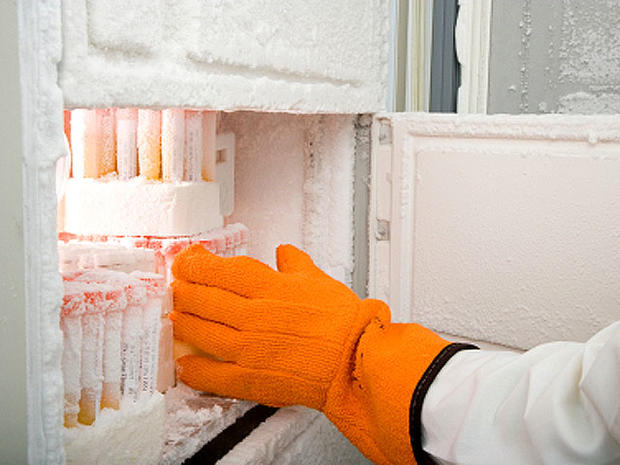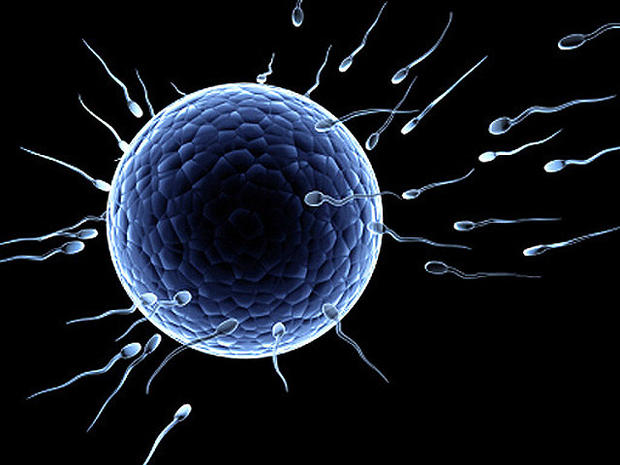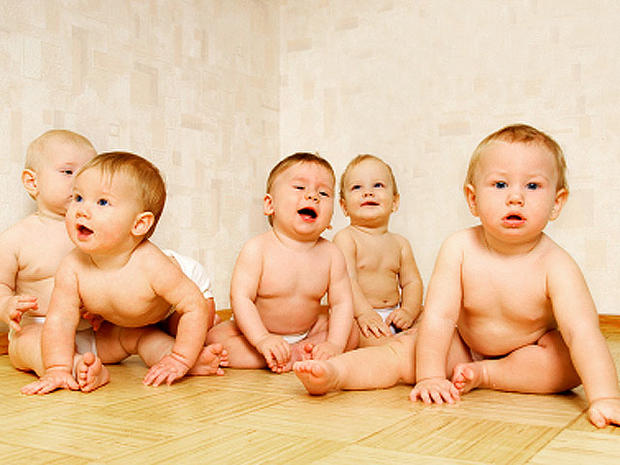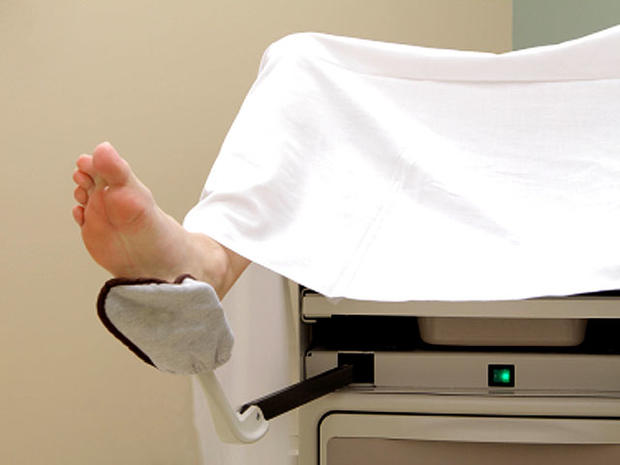Human eggs: 9 fascinating facts
Eggs are made early
Eggs are huge
Eggs are precious
Maybe that's one reason why eggs are worth so much more than sperm. An egg donor might make several hundred dollars for a single egg. A man might earn only a few hundred dollars per ejaculation - which translates into a pittance for each sperm cell.
Eggs have an extended adolescence
Among the hundreds of eggs in this half-mature state, what causes one egg and not the others to be released? No one knows.
Eggs are fragile
A technique called vitrification, doesn't actually involve freezing eggs but hardening their outer later, like encasing them in a glass container.
Eggs age fast
Eggs are monogamous
What decides which sperm will be the lucky one? No one knows.
